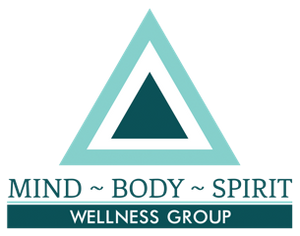What is Arthritis?
Arthritis is inflammation of one or more of your joints. The main symptoms of arthritis are joint pain and stiffness, which typically worsen with age. The most common types of arthritis are osteoarthritis and rheumatoid arthritis.
Osteoarthritis causes cartilage — the hard, slippery tissue that covers the ends of bones where they form a joint — to break down. Rheumatoid arthritis is an autoimmune disorder that first targets the lining of joints (synovium).
Uric acid crystals, infections or underlying disease, such as psoriasis or lupus, can cause other types of arthritis.
Treatments vary depending on the type of arthritis. The main goals of arthritis treatments are to reduce symptoms and improve quality of life.
The two main types of arthritis — osteoarthritis and rheumatoid arthritis — damage joints in different ways.
Osteoarthritis
The most common type of arthritis, osteoarthritis involves wear-and-tear damage to your joint's cartilage — the hard, slick coating on the ends of bones. Enough damage can result in bone grinding directly on bone, which causes pain and restricted movement. This wear and tear can occur over many years, or it can be hastened by a joint injury or infection.
Rheumatoid arthritis
In rheumatoid arthritis, the body's immune system attacks the lining of the joint capsule, a tough membrane that encloses all the joint parts. This lining, known as the synovial membrane, becomes inflamed and swollen. The disease process can eventually destroy cartilage and bone within the joint.
Signs and Symptoms
The most common signs and symptoms of arthritis involve the joints. Depending on the type of arthritis you have, your signs and symptoms may include:
- Pain
- Stiffness
- Swelling
- Redness
- Decreased range of motion
National Institutions of Health studies:
https://www.ncbi.nlm.nih.gov/pubmed/8523357
